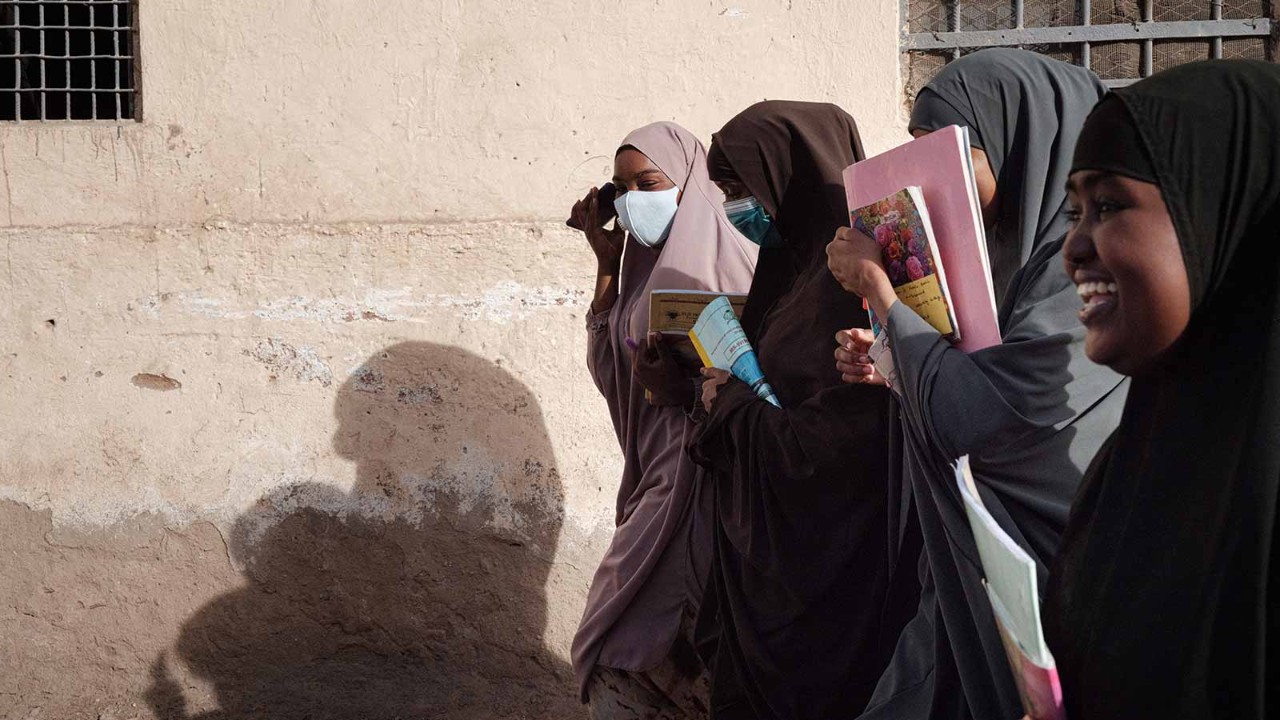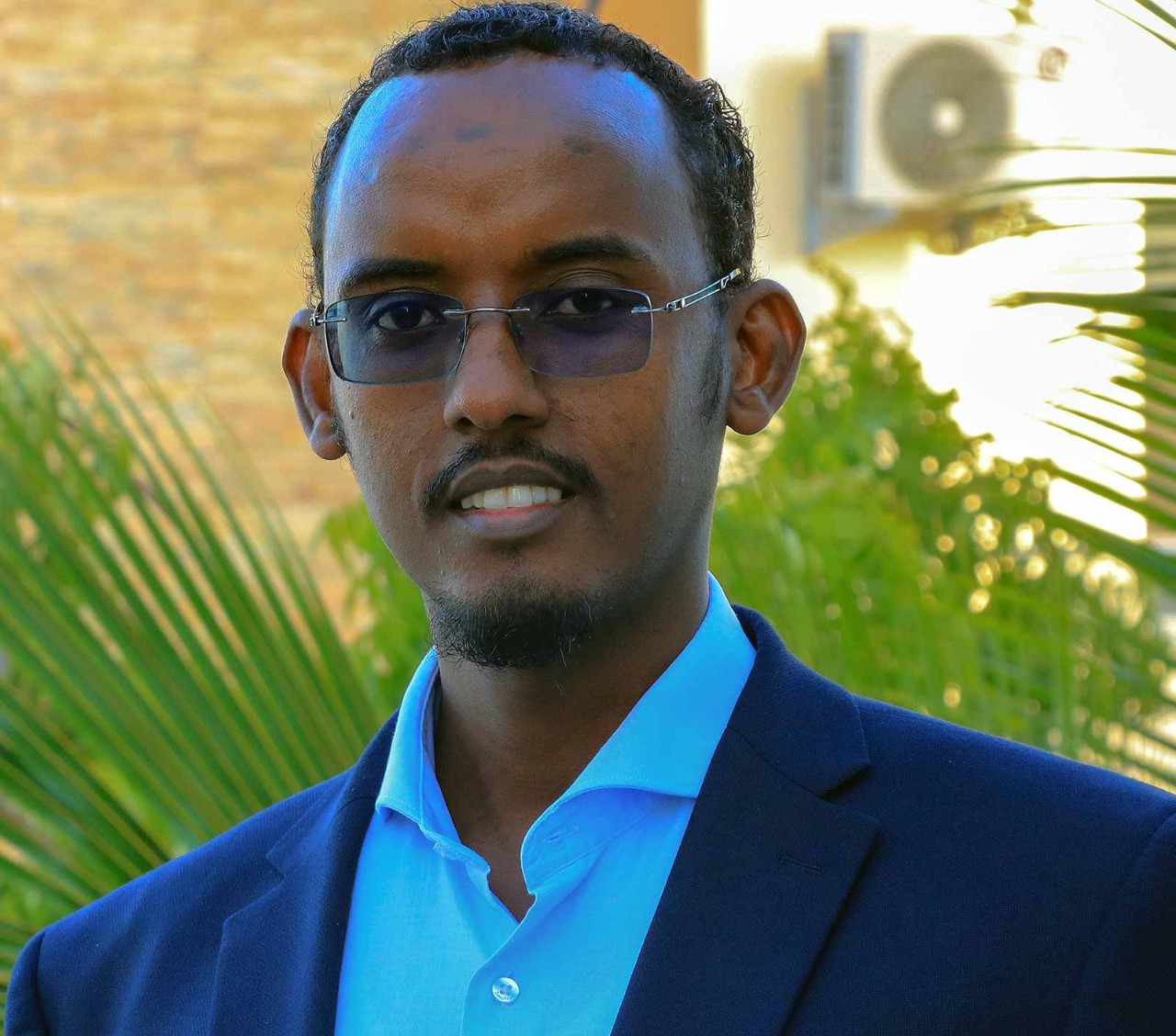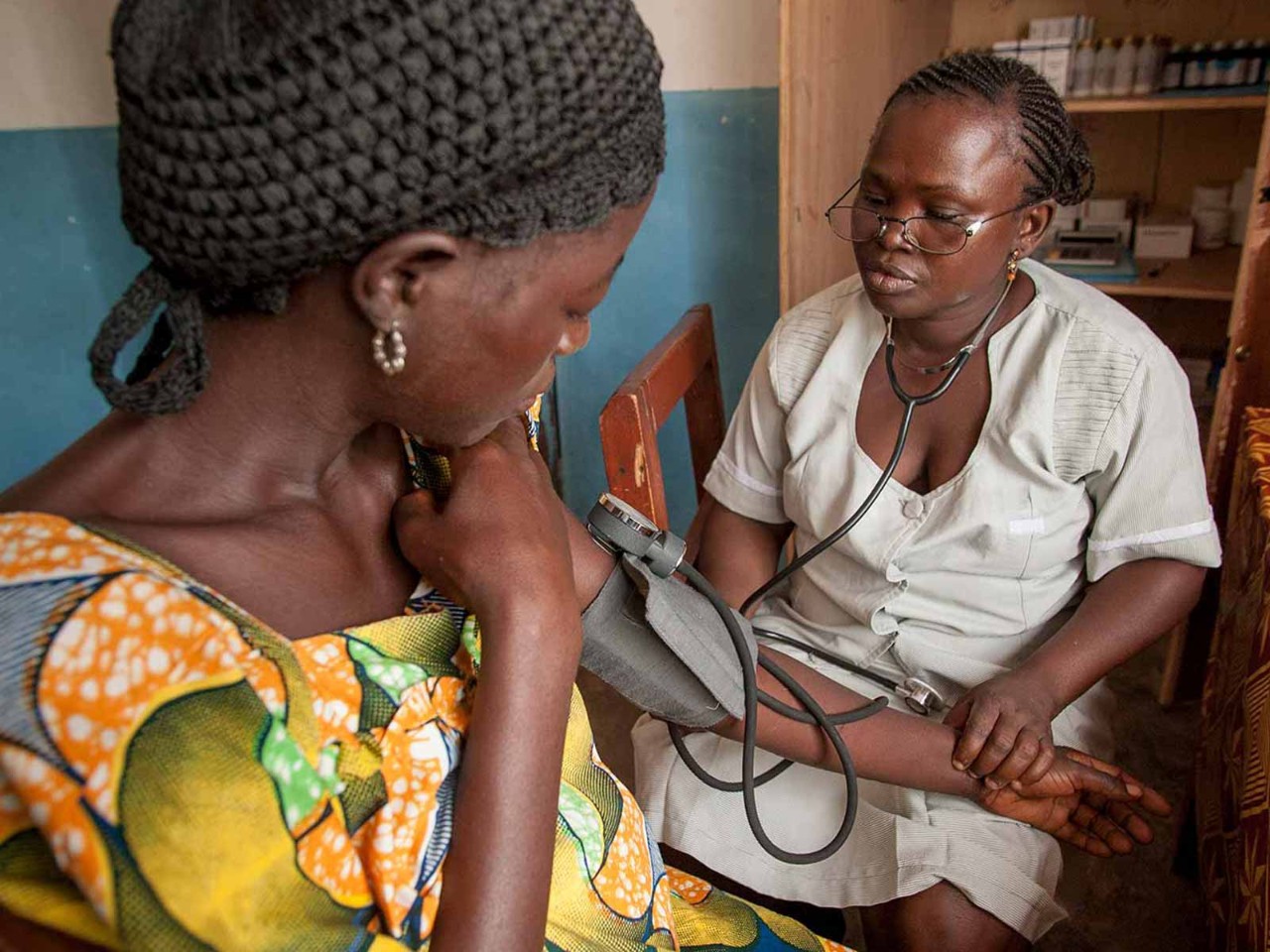
Step by step, the accountancy profession is gaining a foothold in Somalia as the East African state’s federal government continues its journey of reform and reconstruction, following decades of conflict.
It has been a long and arduous process. Key factors have been a lack of awareness among both public and private sector leaders of the importance of professional accountants, as well a lack of qualified accountants working in the country. Changes in government have also delayed progress, but with support from international agencies such as the World Bank, the International Federation of Accountants (IFAC) and ACCA, headway is finally being made.
'The president has a mandate on youth employment, and we are advocating that accountancy can be part of that plan'

CV
2016
Partner, Baker Tilly Meralis, Mogadishu, Somalia
2014
CEO, Somali Institute for Chartered Professional Accountants (2014-20), then chairman (2020-21) and Council member (2022-)
2013-15
Independent consultant, Baker Tilly Meralis Kenya
2012-14
Managing partner, Financial Watch, and lecturer, Mogadishu University, Somalia
2011
Auditor, Naveed Zafar Hussain Jaffery & Co., Islamabad, Pakistan
Key to advancing the profession is gaining government recognition, and a bill is slowly making its way through the parliamentary process (see panel). Elections earlier this year further delayed progress, so the profession is still waiting for the bill to be transformed into law as the Accountants Act. Hopes are high, though, that it will be presented to Parliament in the coming months.
‘Every level of government advocates for the bill, which has received strong support from the auditor general Mohamed Ali and Ministry of Finance director general Saleiman Umar in particular,’ says Abdirahman Daud FCCA, who since 2012 has been a driving force behind the development of the profession in Somalia, alongside a team of fellow professionals from both inside the country and the diaspora. 'It is now a matter of time, but it is not easy when the government has other pressing priorities,' he adds.
Raising awareness
Daud has worked hard in recent years to raise awareness. Having taught accountancy part-time at Mogadishu University and later started the first ACCA tuition centre in the city, he helped to set up the Somali Institute of Certified Public Accountants (SICPA) in 2014, with the support of IFAC and the Pan African Federation of Accountants (PAFA), as well as ACCA. SICPA is now chaired by Abdullahi Tahil Aden ACCA (one of Daud’s first accountancy students), while its CEO is Burhan Saed Salah ACCA.
The Accountants Act will recognise SICPA – whose only source of funding is a very small budget from the Ministry of Finance, under a World Bank-funded PFM project – as the legal entity representing the accountancy profession in Somalia and allow it to carry out regulatory responsibilities, obtain public recognition and gain membership in regional and international accountancy organisations.
‘Our argument is that the president of Somalia has a mandate on youth employment, and we are advocating that accountancy can be part of that plan,’ Daud says. ‘We are also advocating for those who cannot practise in their own country to be able to do so, and to create jobs for young accountants. In the meantime, the government is hiring accountants from other countries to audit international funds.’
‘There was a feeling that as stability grew in the country, so the demand for accountants would grow as well'
Driver for change
In 2020, the Somali Institute of Certified Public Accountants (SICPA) proposed that the government legislate to establish the body as a recognised professional accountancy organisation (PAO) to regulate the country's profession and ensure that members act in the public interest. As well as improving transparency and integrity through high-quality financial reporting, establishing a PAO would, SICPA argued, support economic prosperity, increase investor confidence and lead to higher capital inflows through foreign direct investment. Parliamentary recognition would also allow the organisation to join regional and international accountancy organisations such as the International Federation of Accountants and the Pan African Federation of Accountants.
Struggle to practise
Daud’s own struggles illustrate the difficulties that face Somalians who want to train for a career in accountancy and practise in their own country. After working as a trainee accountant in Pakistan, where he gained experience working on audit assignments, in 2012 he returned to Somalia, where he faced three options: to work in the private sector, for an NGO or for government. Instead, he spotted a fourth option, which was to create an accountancy firm.
At the time, this was relatively unheard of in the country. Private businesses might have accountants, some even with access to computers, but they were seen very much as part of the back office. 'Business owners did not understand the need for independent auditors, either, believing that their in-house accountant could pick up errors made internally,' says Daud. 'My argument was that if that accountant makes a mistake, you need an auditor.’
After approaching a number of the international firms to see if they would be willing to subcontract work to him, he became a contractor for Baker Tilly Meralis Kenya. Then in 2015, he set up the Somalia office of Baker Tilly Meralis, where he is the resident partner.
Growing stability
Meanwhile, Daud saw that many of his students were struggling to balance work with their studies, as well as to meet the financial cost of training. However, as students began to gain the ACCA Qualification and professionals started to return to the increasingly stable country, momentum for a home-grown accountancy profession began to pick up. There are now around 20 ACCA-qualified accountants working in the country and 200 students.
‘There was a feeling that as stability grew in the country, so the demand for accountants would grow as well,’ Daud says. ‘We were still recovering from civil war, where there was an unregulated private sector. To build trust in businesses, there was a need for bookkeeping services that could produce monthly and annual accounts. This would in turn allow the government to collect taxes.’
Fighting financial crime
There are other good reasons why a strong accountancy profession in Somalia is important for the country’s economic, as well as social, development – chief among them the fight against money laundering, which the federal government is committed to tackling.
A 2020 government report, National Risk Assessment on Money Laundering and Terrorist Financing, noted that ‘sound independent auditing practices increase financial transparency and ensure that proper and reliable accounting records and financial statements are available, thereby ensuring entities are less vulnerable to abuse by criminals’.
The report backed calls for SICPA to be officially recognised through the passing of the Accountants Act. It also noted that most accountants in government agencies and institutions are not certified, ‘probably due to the poor remuneration package for such positions in the civil service'.
Meanwhile, SICPA continues to act as the representative of the profession in Somalia, waiting patiently for its position to be cemented once the Accountants Act is passed – and enabling accountancy to flourish at last.


